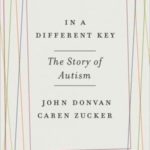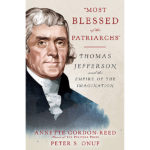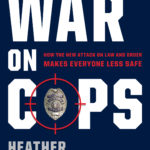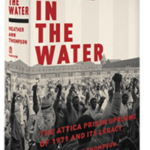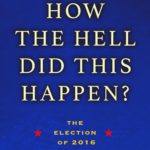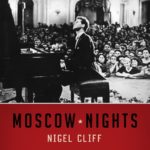
Pandemics’ Pathways
For readers curious about the various ways contagious disease take root and spread, Sonia Shah’s Pandemic provides a persuasive set of explanations. It is an excellent introduction for academics teaching contagion globally, and for experts and administrators seeking to effect lasting public health impact on the ground.
